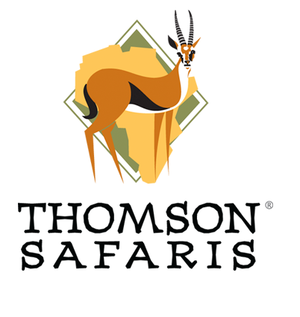Budget Considerations
Money & Currency: U.S. dollars are accepted throughout Tanzania; therefore, there is no need to exchange U.S. dollars for Tanzanian Shillings. Local vendors and markets may not be able to provide change for larger bills, so we advise using small bills ($1, $5, $10) for small purchases, but $50 and $100 are okay for larger purchases and tips.
Travelers’ checks are not recommended, as they are not widely accepted. Canadian residents should exchange Canadian dollars for U.S. dollars before departure.
Credit Cards and ATMs: Credit cards are accepted at some lodges and some higher-end shops; however, usage comes with surcharges from 6 to 15 percent. Please do not plan on using ATMs in Tanzania, as they are not always available and are only compatible with specific bank cards. We advise bringing a credit card for emergency travel expenses and for lodges and vendors that do not accept cash.
How Much Should I Bring?
Typically, each guest brings around $1,000 – $1,700: $400 – $500 cash for souvenirs, laundry and beverages, $400 – $1000 cash for tips, and $200 emergency cash. Please note many guests choose to bring more, as it may be difficult to obtain more cash, but you can always bring extra back home.
There are four primary expenses you should consider when planning your budget:
Emergency Funds: With any kind of travel, it’s best to prepare for the unexpected. We suggest carrying a credit card and at least $250 in U.S. dollars for emergencies. Please note that MasterCard and Visa are more widely accepted than American Express, and some merchants require chip-enabled cards.
Beverages at Nyumba camps:
Soda: $1
Diet soda: $2
Beer: $3
Liquor (gin, vodka, whiskey, Amarula): $3
Glass of wine: $6
Bottle of wine: $20
Bottle of premium wine: $35
Prices at lodges are higher. Diet sodas, energy drinks and ice are typically not available.Souvenirs and Gifts: Small souvenirs such as carved crafts, beaded jewelry, T-shirts, Maasai shukas (fabric), etc. often cost less than $20. Larger pieces of artwork can range significantly, starting around $20 and going up to hundreds or thousands of dollars.
Tips: Tips for safari guides and camp staff are tokens of added appreciation and are customarily given to the people who help provide the best safari experience possible. Thomson supports equitable wages; the practice of tipping is the norm for the tourism industry in Tanzania. Click for more information on tipping and tipping guidelines.


